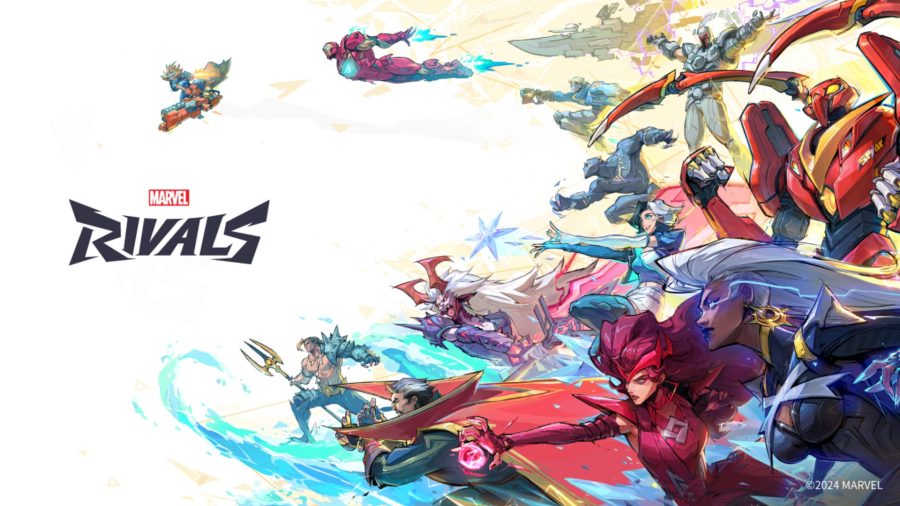This post first appeared on the Ferenstein Wire, a syndicated news service; it has been edited. For inquires, please email author and publisher Gregory Ferenstein.
Cognitive psychologists have refined a clever brain hack for improving performance on challenging tasks: Give people their maximum reward up front, but deduct from it when they don’t hit the mark.
Turns out that if we start off assuming people will live up to our highest expectations, imposing consequences for falling short ends up being a better motivator than tying rewards to doing well.
First Giveth—Then Taketh Away
The strategy exploits a unique fact about motivation: Humans generally care way more about losses than gains.
The theory is based on famous experimental studies on the so-called “endowment effect.” When people get something for free—a coffee mug, say—they get attached to it and want more money to let it go than they’d pay to acquire it in the first place. For instance, someone might ask $5 for the mug when selling it, but wouldn’t pay more than $3 to buy it themselves.
More recent research exploited the endowment effect to help teachers improve student test scores. Researchers found up to a 10 percentile score improvement when teachers got their entire bonus pay up front, but had to hand part of it back if they failed to meet their goals at the end of the school year. By contrast, promising teachers a bonus at the end of school produced no score improvements at all.
In the most recent study (PDF link), a team at the University of Washington found a similar effect when testing people on challenging sensory tasks. When researchers deducted money from a preexisting reward pot, subjects made fewer errors than a group that received incremental rewards for each correct response.
Rewards Make Us Risk-Averse
But that study showed something else interesting. First, consider the study’s visual task. Participants watched randomly flashing lights from the right and left side of a screen and had to quickly determine which side blinked more frequently.
Subjects receiving traditional rewards were more likely to choose the side they had previously guessed, even though each round of the game was completely random. Those in danger of losing money, by contrast, were less likely to be biased toward their previous answer — and, hence, were better at guessing correctly.
“Objectively, you’d think that winning 25 cents would have the same magnitude of effect as losing 25 cents, but that’s not what we find,” explained Jan Kubanek, lead author and graduate student at the Washington University School of Medicine.
The upshot: presuming people will perform at their very best may be a better strategy than hoping they can get somewhere close to a goal.
Brain image courtesy of Shutterstock










